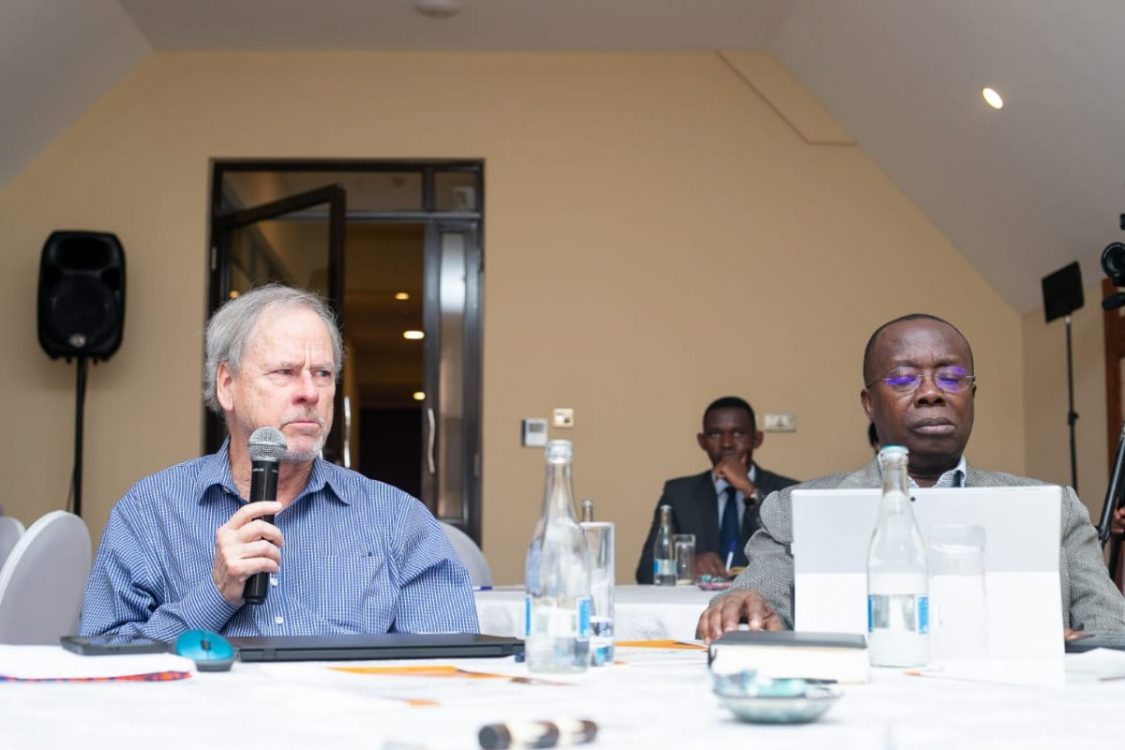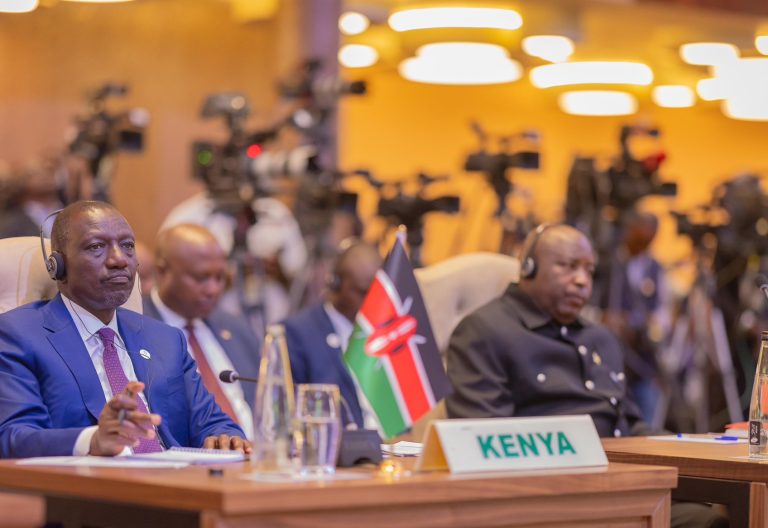Use of agile data to improve agricultural production in Africa

Agriculture in Africa has a massive social and economic footprint. More than 60 percent of sub-Saharan Africa’s population is smallholder farmers, and about 23 percent of sub-Saharan Africa’s GDP comes from agriculture. The continent is indeed home to 25 percent of the world’s fertile land, but its 431 million people still live in extreme poverty.
According to McKinsey & Company, Africa has the potential to triple the value of its annual agricultural output, from US$ 280 billion today to around US$ 880 billion by 2030.
To unlock this potential, experts posit that it is important for development partners and governments to adopt data-driven policies to address bottlenecks to agricultural productivity like inadequate market, minimal capital, climate change, outdated technology, pests, and diseases.
Agile Data Approaches and Innovations in Monitoring (ADAIM) is a new research project funded by Bill & Melinda Gates and implemented by the International Center for Evaluation and Development (ICED), Committee on Sustainability Assessment (COSA), and GDI. The project seeks to develop and test agile monitoring systems – blending technology and rigorous metrics – that make quick, low-cost, evidence-based decisions possible for agriculture development program investments.
“Agile data is being used to make decisions that improve lives and livelihoods of individuals.,” says Dr. David Ameyaw, ICED CEO. “ In research, when we can collect data in a timely, cost-effective, and context-specific manner, we can use it to make decisions at all levels from the grass root to the highest level of decision making,” adds David.
Population growth, climate change, and bio-energy crops are worldwide trends that are increasing the importance of using data to improve agriculture. Data democratization becomes a path to inclusive policy decisions that improve agricultural productivity.
“Data is the new currency; it’s a vital part of our world, but not everyone can access it or use it. Agile data is a transformative approach for people to understand sustainability and to have that be actionable,” says Daniele Giovannucci, speaking at a recent workshop held in Nairobi.
“At the Foundation, we are happy to invest in projects like these that are designed to find scientific solutions to the pressing challenges of our time,” says Richard Gladwell of Monitoring, Learning, and Evaluation at Bill and Melinda Gates.
ADAIM partners will pilot test an Agile Data gathering, processing, and analysis to understand drivers of adoption.











